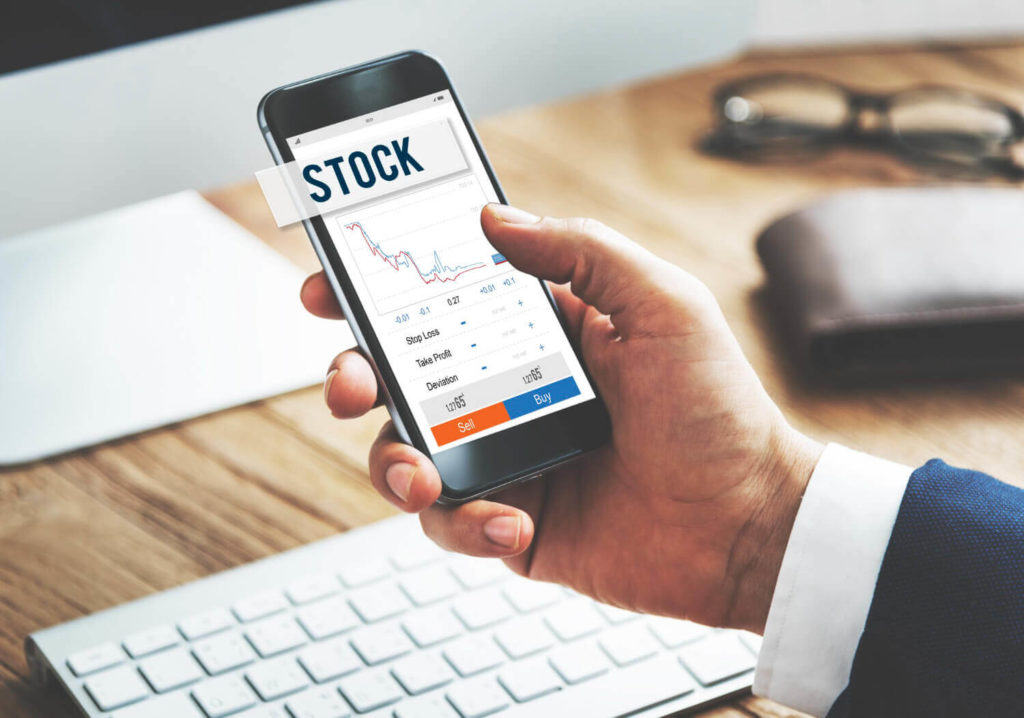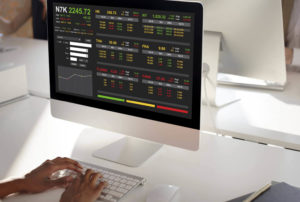Introduction to buying bonds and Securities in Nigeria
Investing in stocks, equities, and bonds is an effective way to increase your wealth and safeguard your financial future. Nigeria, Africa’s largest economy, has several chances for capital market investors. In this complete tutorial, we will look at how to buy stocks, equities, and bonds in Nigeria. In addition, we will look at the method of buying stocks online, which has grown in popularity among investors in recent years.
Understanding Stocks, bonds, and Securities in Nigeria
Before heading into the process of collecting these financial products, it is critical to understand what they are and how they work.
Stocks: Stocks symbolize ownership in a firm and provide investors with a portion of its earnings and losses.
Stocks, often known as equities, are ownership shares in a corporation. When you acquire stocks, you become a shareholder and have a claim on the company’s assets and earnings. Stockholders may get dividends and benefit from capital appreciation if the stock’s value rises. They also face the risk of possible losses if the stock price falls.
Consider Dangote Cement Plc, one of Nigeria’s largest firms. When you buy Dangote Cement shares, you become a part-owner of the firm and are entitled to the company’s profits as well as any dividends declared.
Best Nigerian Growth Stocks to Buy Now – 2023.
- International Breweries (INTBREW) (NGX: INTBREW)
- UAC of Nigeria Plc (NGX: UACN) is a Nigerian company.
- Nigerian Transnational Corporation Plc (NGX: TRANSCORP)
- Guaranty Trust Holding (NGX: GTCO) Unilever Nigeria (NGX: UNILEVER)
- MTN Nigeria Communications Plc (NGX: MTNN) is a Nigerian telecom company.
Securities are financial products that have monetary worth and may be exchanged, such as stocks, bonds, or derivatives.
Securities are financial instruments with monetary worth that may be purchased and sold on the stock exchange. They include stocks, bonds, derivatives, and other investment instruments. Securities provide investors with a variety of ways to increase their wealth and reduce risk.
A mutual fund, in addition to stocks, is an example of a security. A mutual fund combines money from several participants to invest in a diverse portfolio of stocks, bonds, or other assets. Investors purchase mutual fund shares, and their returns are proportionate to the fund’s performance.
A few of the Top Companies for Securities (Stockbroking) in Nigeria:
- Stanbic IBTC Stockbrokers Limited
- DLM Securities Limited
- PAC Securities Limited
- FBN Quest Securities Limited
- APT Securities and Fund
- CSL Stockbrokers Limited
- EFG Hermes Nigeria Limited
- Chapel Hill Denham Securities Limited
- ARM Securities Limited
- Cordros Securities Limited
- CardinalStone Securities Limite
Bonds: Bonds are debt instruments in which investors lend money to an issuer, often the government or a business, in exchange for periodic interest payments and the repayment of the principal amount at maturity.
Bonds are debt instruments issued to raise capital by governments, municipalities, or companies. When you purchase a bond, you are basically lending money to the issuer in exchange for periodical interest payments (coupon payments) and the return of the principal amount when the bond matures. Bonds are less risky than stocks and can provide a steady supply of income.
How To Buy Government Bonds in Nigeria?
Bonds are bought in the primary and secondary markets by brokers or market makers.
In the Primary Market: When a government issues bonds, it does so through FGN Bonds Auctions in the Primary Debt Market. This auction is held monthly by a debt management agency known as the Debt Management Office (DMO) and Primary Dealer Market Makers (PDMMs), who are banks selected by the DMO to operate as authorized dealers in FGN bonds. At the Auctions, PDMMs place bids for themselves as well as their clients.
OR
Investors interested in purchasing government instruments can do so in the secondary debt market, also known as the over-the-counter (OTC) market, where trading is done daily by licensed broker-dealers (banks and stockbrokers) on the floor of The Nigeria Securities Exchange (NSE) and on FMDQ OTC Securities Exchange.
Nigerian Treasury Bills (NTBs), for example, are a typical form of bond issued by the Nigerian government. They reach maturity in 91 days, 182 days, or 364 days. You are lending money to the government when you buy an NTB, and you will get interest payments every 91, 182, or 364 days until the bond expires.
What you need to know
Following a 3.88% growth in January, the Nigerian stock market’s All-Share Index increased by 4.82% in February.
Last year (2022), Nigerian stocks defied all odds to deliver a double-digit 19.98% YtD return. The overall value of trades increased by 27% from N916 billion in 2021 to N116 trillion in 2022. Equity capitalization increased by 25.20% to N27.92 trillion in 2022 from N22.29 trillion in 2021. The IPO of BUA Foods and GEREGU contributed to the market’s upswing. The two companies were among the top 20 most traded equities, accounting for 6.14% and 1.45% of total turnover in 2022, respectively.
In 2022, domestic investors dominated market involvement. Looking ahead, global investors see the naira’s FX convergence in 2023 as a significant policy adjustment that might encourage investment flows.
In the month under review, a total of 72 equities were gained, with 36 posting double-digit increases. TRIPPLEG, NNFM, MRS, JOHNHOLT, GEREGU, and CONOIL are notable gainers, with over 50% YtD gains as of February 28, 2023.
What types of bonds are there in Nigeria?
In Nigeria, the following are the primary types of bonds:
Municipal bonds,
corporate bonds, and
asset-backed securities are all types of bonds.
1. Government Bonds
Treasury bonds are issued by the federal government. They are the safest bonds available, albeit this is dependent on the government issuing the bonds.
Treasury bonds in Nigeria have the lowest yields when compared to other forms of bonds. This is due to the fact that they are fairly safe, and as you know, the safer your assets, the lower the returns.
2. Bonds issued by municipalities
These are bonds issued by the state and municipal governments. They are used to fund capital expenditures such as school construction, bridge construction, hospital construction, and so on.
3. Bonds issued by corporations
When a company needs funds to expand its operations, it issues corporate bonds. Corporate bonds have higher credit risk than municipal and government bonds. This is due to the fact that corporate bond failures are more common than the aforementioned bonds.
Investment-grade and speculative-grade corporate bonds are both possible.
4. Asset-Backed Securities These bonds are backed up by financial assets. These financial assets are combined and then offered to interested investors as bonds.
Top Companies for Bonds in Nigeria:
- Federal Government of Nigeria Bonds (FGNs)
- Nigerian Treasury Bills (NTBs)
- Nigerian Sovereign Investment Authority (NSIA) Bonds
- Lagos State Government Bonds
- African Development Bank (AfDB) Bonds
- Nigerian Mortgage Refinance Company (NMRC) Bonds
- Fidelity Bank Plc Bonds
- Flour Mills of Nigeria Plc Bonds
- Access Bank Plc Bonds
- Dangote Cement Plc Bonds
How To Get Started
A. Select a Reliable Stockbroker: To purchase stocks, securities, and bonds in Nigeria, you must work with a licensed stockbroker. In the capital market, they operate as middlemen between buyers and sellers. Stanbic IBTC Stockbrokers, DLM Securities Limited, and FBN Quest Securities are some notable stockbrokers in Nigeria. More examples of top companies in Nigeria are as follows:
B. Open a Trading Account: Once you’ve decided on a stockbroker, you’ll need to open a trading account with them. This account allows you to trade on the Nigerian stock exchange. Typically, you will be asked to present essential identity papers, and proof of address, and fill out the applicable application forms.
C. Open a Trading Account: Once you’ve decided on a stockbroker, you’ll need to open a trading account with them. This account allows you to trade on the Nigerian exchange limited. Typically, you will be asked to present essential identity papers, and proof of address, and fill out the applicable application forms.
D. Fund Your Trading Account: After you have created your trading account, you must deposit dollars into it. Transfer money from your bank account to your trading account to do this. Accounts can be funded in a variety of ways, including internet transfers or physical deposits at specified bank locations.
E. Research and Analysis: Thorough research and analysis are required before acquiring stocks, assets, or bonds. Familiarize yourself with the firms, their financial records, their performance, and market circumstances in general. This information will enable you to make more educated investing decisions.
F. Placing Orders: When you’re ready to purchase shares or other financial instruments, contact your stockbroker.
Orders are classified into two types:
A market order asks the broker to purchase or sell a security at the current market price.
Limit Order: A limit order sets the highest price you are willing to pay or the lowest price you are ready to accept when buying or selling.
Buying Shares Online in Nigeria:
Online trading platforms have grown in popularity in recent years due to their ease and accessibility. To buy shares online in Nigeria, take these steps:
Select an Online Trading Platform: Choose a trustworthy online trading platform, such as DLM Securities Limited, InvestNow by Stanbic IBTC, or iTrade by FBN Quest.
Create an Account: Fill out the registration form on the chosen platform and sign up.
Complete KYC requirements: You will be required to supply identity papers and other important information as part of Know Your Customer (KYC) rules.
Fund Your Account: Transfer monies from your bank account to your online trading account using the platform’s specified methods.
Place Orders: To place a market order, use the trading interface.
Common Pitfalls to Avoid Before You Invest in Stocks and Bonds in Nigeria
Making hasty investing decisions based on emotions, such as panic selling during market downturns or chasing after stocks that have recently skyrocketed in price owing to fear of missing out (FOMO).
Overlooking Risk Assessment: Failure to examine the hazards involved with an investment. For example, investing a big amount of your portfolio in a single stock or industry without considering the possible impact of market volatility or regulatory changes.
Lack of Diversification: Concentrating investments in a single stock or asset class without distributing risk across multiple securities or industries. For example, investing all of your capital in stocks in a single industry, like banking, without diversifying into other areas such as technology or consumer products.
Chasing Hot Tips is the practice of making investment choices based on rumors, tips, or speculative information without doing sufficient due diligence. Investing in a stock only on the suggestion of a friend without validating the facts or completing your own investigation, for example.
Timing the Market: Attempting to forecast short-term price swings and making numerous trades in an attempt to purchase at the lowest possible price and sell at the highest possible price. For example, purchasing and selling stocks on a regular basis based on short-term market swings without regard for long-term financial goals.
Conclusion to Bonds and Securities in Nigeria
By avoiding these blunders and threats, you may increase your chances of making solid investing selections and reaching your financial objectives in Nigeria’s capital market. Remember that getting guidance from financial specialists is always suggested to ensure informed decision-making. Investing in stocks, equities, and bonds in Nigeria may be a profitable enterprise if handled with the proper information and tactics.



